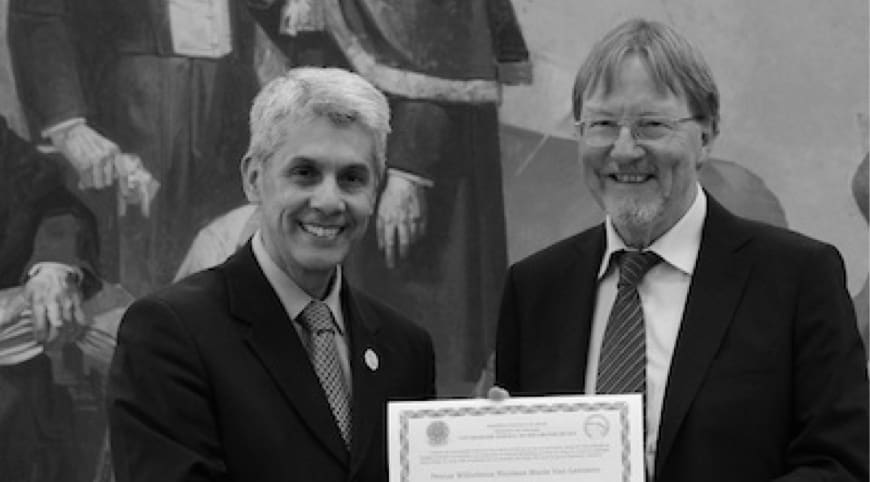SPOs as new ligands in Rh(III) catalyzed enantioselective transfer hydrogenation
The self-assembly of Secondary Phosphine Oxides (SPOs) into anionic bidentate chelates was used to construct unique systems for metal catalyzed transfer hydrogenation of ketones in isopropanol. Chelating bidentate or tridentate ligands were formed by assembly of secondary phosphine oxides through hydrogen bonding in the presence of rhodium trichloride as demonstrated by means of NMR spectroscopy and X-ray diffraction. When a chiral version of an SPO was used in asymmetric transfer hydrogenation of isopropanol and acetophenone, an enantiomeric excess of 89% was achieved. The presence of at least two ligands in the catalytically active species was confirmed by a positive non-linear effect. DFT calculations were applied to characterize several intermediates for the isopropanol dehydrogenation to produce a rhodium hydride complex and acetone. A transition state for the hydrogen-transfer was fully characterized, which revealed that the process occurs via a concerted outer-sphere mechanism.

P. M. Castro, H. Gulyas, J. Benet-Buchholz, C. Bo, Z. Freixa, P. W. N. M. van Leeuwen
Catal. Sci. Tech. 2011, 1, 401-407

Let's create a brighter future
Join our team to work with renowned researchers, tackle groundbreaking
projects and contribute to meaningful scientific advancements




















